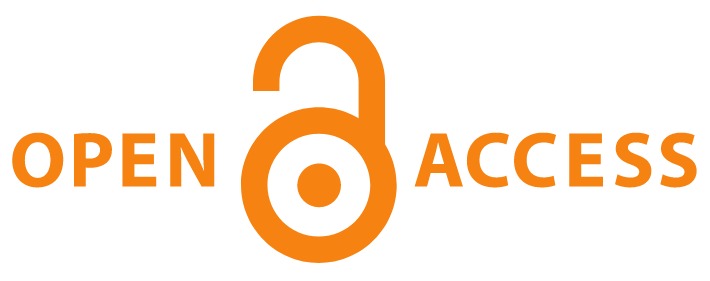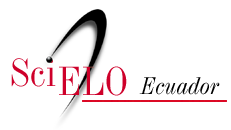Editorial Vol. 12 Nro. 1 (junio 2025)
RCTU Editorial
We are excited to present Volume 12, Number 1 of the UPSE Scientific and Technological Journal, an edition that reaffirms our commitment to the generation and dissemination of scientific knowledge aimed at sustainable development, technological innovation, and improving quality of life. This issue includes contributions from Ecuador, Cuba, and Peru, organized into four thematic areas that reflect the journal's commitment to generating scientific knowledge with regional impact. From environmental sciences to applied engineering, each article reflects the academic effort to offer concrete solutions to local and global challenges. In the applied engineering section, two studies are presented that propose sustainable technological solutions. From Ecuador, the article “Design and implementation of a photovoltaic system with solar tracker for application in educational environments” introduces an autonomous system to improve energy efficiency in academic spaces. Meanwhile, the work from Cuba, “Experimental study of the properties of concrete made with seawater and sand,” evaluates the feasibility of using marine resources as substitutes in concrete manufacturing, contributing to sustainable construction. In the area of environmental sustainability and resource management, research from Ecuador and Peru is included. From the Ecuadorian coast, the article “Benthic macroinvertebrates as bioindicators of water quality on four islands of the Jambelí archipelago” analyzes the health of coastal ecosystems. Also from Ecuador, “Sustainability analysis using the ecological footprint and biocapacity of the city of Portoviejo” diagnoses the urban ecological deficit. Meanwhile, from Peru, the review “Sustainable water resource management and water governance: a review of scientific literature 2010-2024” systematizes approaches and experiences in water management at the international level. The agricultural production and aquaculture health section addresses issues related to rural development and biosecurity. From the Ecuadorian Amazon, the article “Evaluation of livestock sustainability in the cantons of El Triunfo and Pablo Sexto” applies comprehensive indicators to propose improvements in production systems. In the field of aquaculture, the study “Effect of the method of infection of Pseudomonas sp. associated with larviculture tanks of the white shrimp Penaeus vannamei” examines the pathological response of shrimp to different routes of bacterial infection. Finally, the biotechnology, health, and emerging technologies axis brings together three Ecuadorian systematic reviews. The article “Identification of bioactive compounds in broccoli and their effect on human health” highlights the functional properties of this vegetable in the prevention of chronic diseases. In turn, “Systematic Review: Integration of Immersive and Emerging Technologies for Risk Prevention in Industrial Environments” explores the application of tools such as virtual reality and artificial intelligence in work contexts. Finally, the aforementioned Peruvian review also contributes to this theme from the perspective of environmental health and governance. Each article included in this volume represents a valuable contribution to scientific knowledge, the result of rigorous work by researchers committed to the progress of our communities. We appreciate your trust in our journal and reiterate our commitment to remaining an open space for critical thinking, creativity, and academic exchange.
Here's to a 2025 with even greater achievements for the world of science!
Editorial Team of the UPSE Scientific and Technological Journal












